Antimicrobials is the collective term for medicines that are used to prevent and treat infections in humans, animals and plants. These medicines include antibiotics, antivirals, antifungals and antiparasitics.
Antimicrobial resistance (AMR) develops when microorganisms such as bacteria, fungi, viruses and parasites, are exposed to antimicrobials and, in order to protect themselves against antimicrobials, undergo changes that prevent these medicines from working effectively against them.
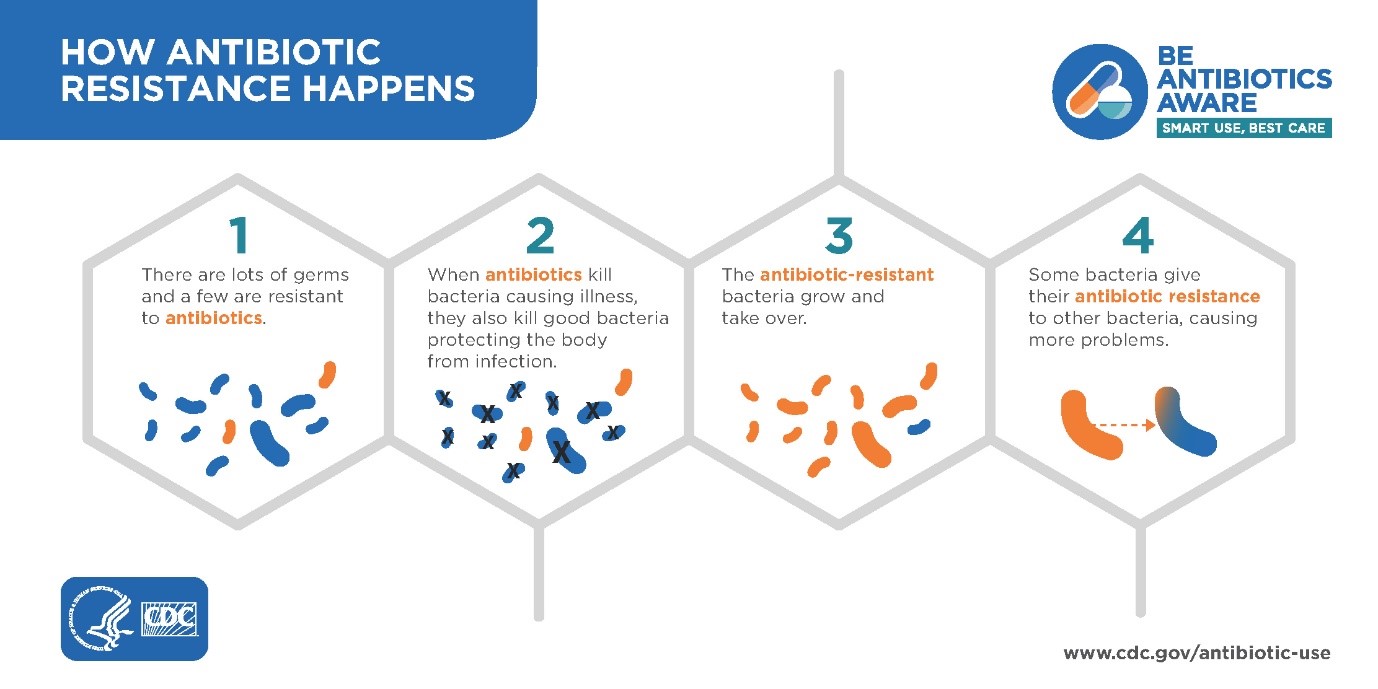
Source: Centers for Disease Control and Prevention
As a result of developing resistance, drug-resistant microorganisms no longer respond to antimicrobial medicines. This makes the infections they cause harder to treat, increasing the risk of more severe illness and even death. With new resistance mechanisms emerging and spreading globally, AMR threatens our ability to prevent and treat an ever-increasing range of infections caused by bacteria, parasites, viruses and fungi. Without effective antimicrobials for prevention and treatment of infections, medical procedures (from transplants, chemotherapy to surgeries) can become life-threatening. Around the world, healthcare systems are increasingly being put at risk.
![[WHO 2017] infographic_antibiotics-misuse.png](/For-General-Public/PublishingImages/Pages/Antimicrobial-Resistance/[WHO%202017]%20infographic_antibiotics-misuse.png)
Source: World Health Organization
The development of AMR is accelerated by the misuse and overuse of antimicrobials across the human, animal and food production sectors. Examples of misuse include taking antibiotics inappropriately for viral infections such as a cold and flu and using antibiotics to promote growth in healthy animals.Antimicrobial-resistant microorganisms can be found in people, animals, food and the environment. They can spread from person to person, and between people, animals and/or the environment. Improper food-handling, poor sanitary conditions and inadequate infection control measures also encourage the spread of antimicrobial resistance.
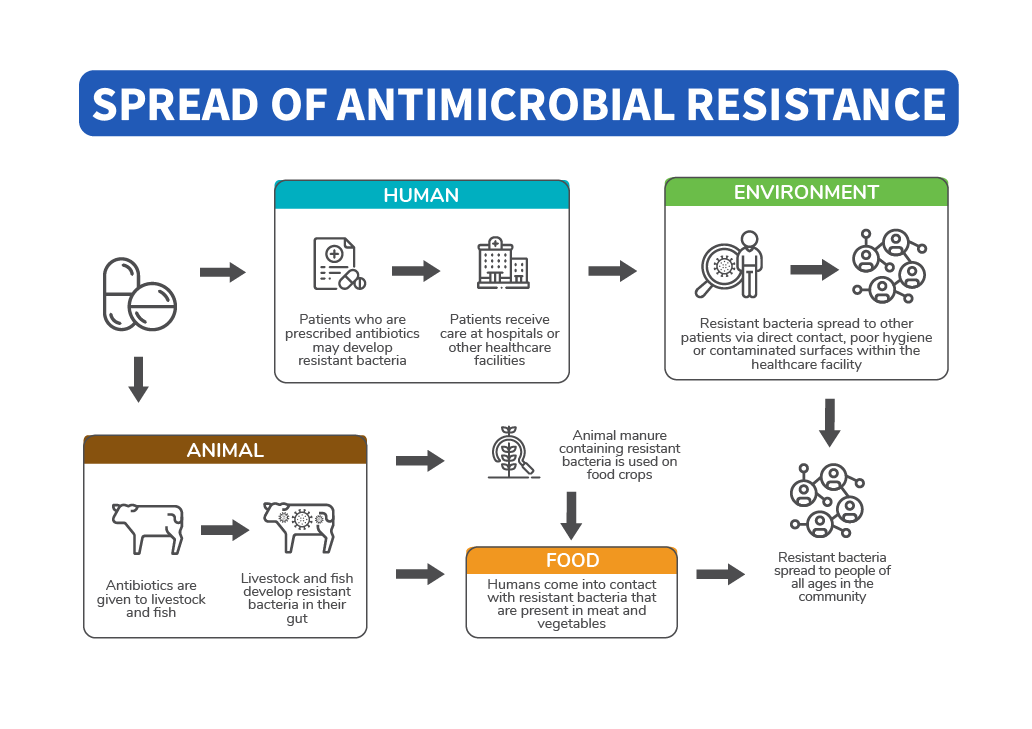 Watch a video on AMR by the World Health Organization and click here to learn more about the Antimicrobial Resistance Coordinating Office.
Watch a video on AMR by the World Health Organization and click here to learn more about the Antimicrobial Resistance Coordinating Office.
An infection occurs when the invading microorganisms overcome the body's immune defences. Infections caused by antimicrobial-resistant microorganisms are harder to treat as the usual antimicrobials may not work. Instead, stronger antimicrobials must be used, which may be more expensive and lead to further resistance. You can take action to protect yourself and your loved ones against infections with these simple steps:
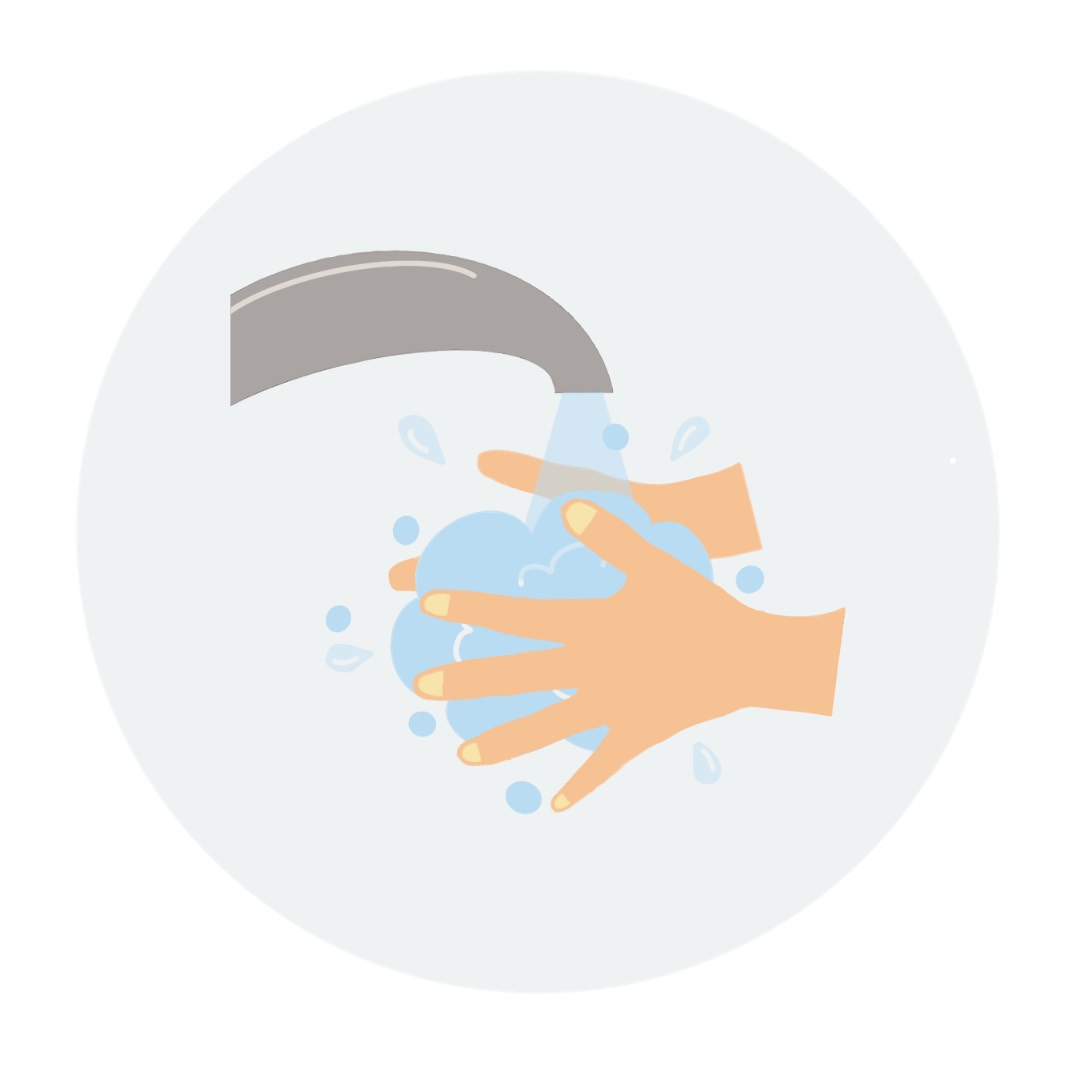 | Practise good hygiene habits Our hands are constantly in contact with germs, and we use our hands in our daily routine such as eating. Animals are also capable of carrying germs which can cause sickness in humans, and vice versa. Thus, regular hand washing with soap is one of the easiest and most effective ways to get rid of germs, prevent infection and preventing germs from spreading to others. Follow Health Promotion Board's eight steps of hand washing to keep healthy: 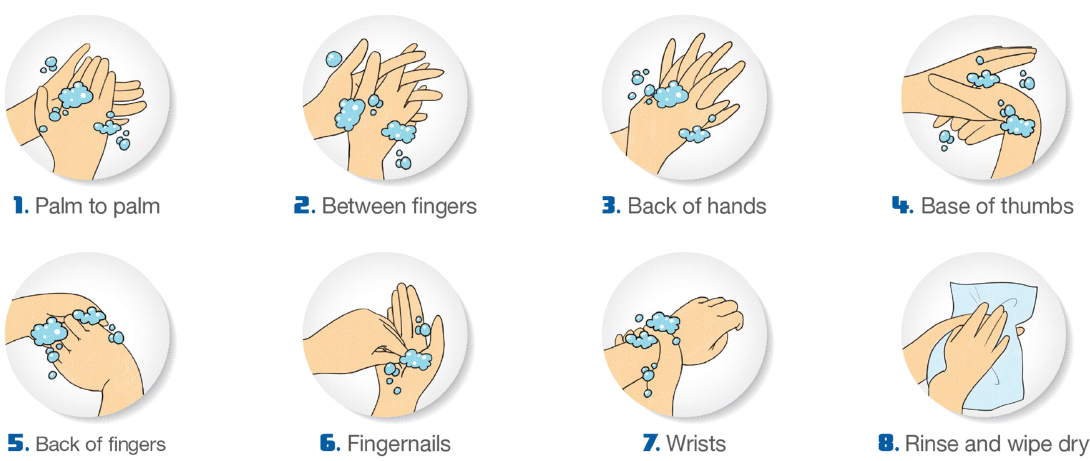
Source: Health Promotion Board |
 | Reduce infection
Stay home, do not go to work or school if you are unwell. This helps to prevent the spread of bacteria and viruses, and protect the community and our loved ones. |
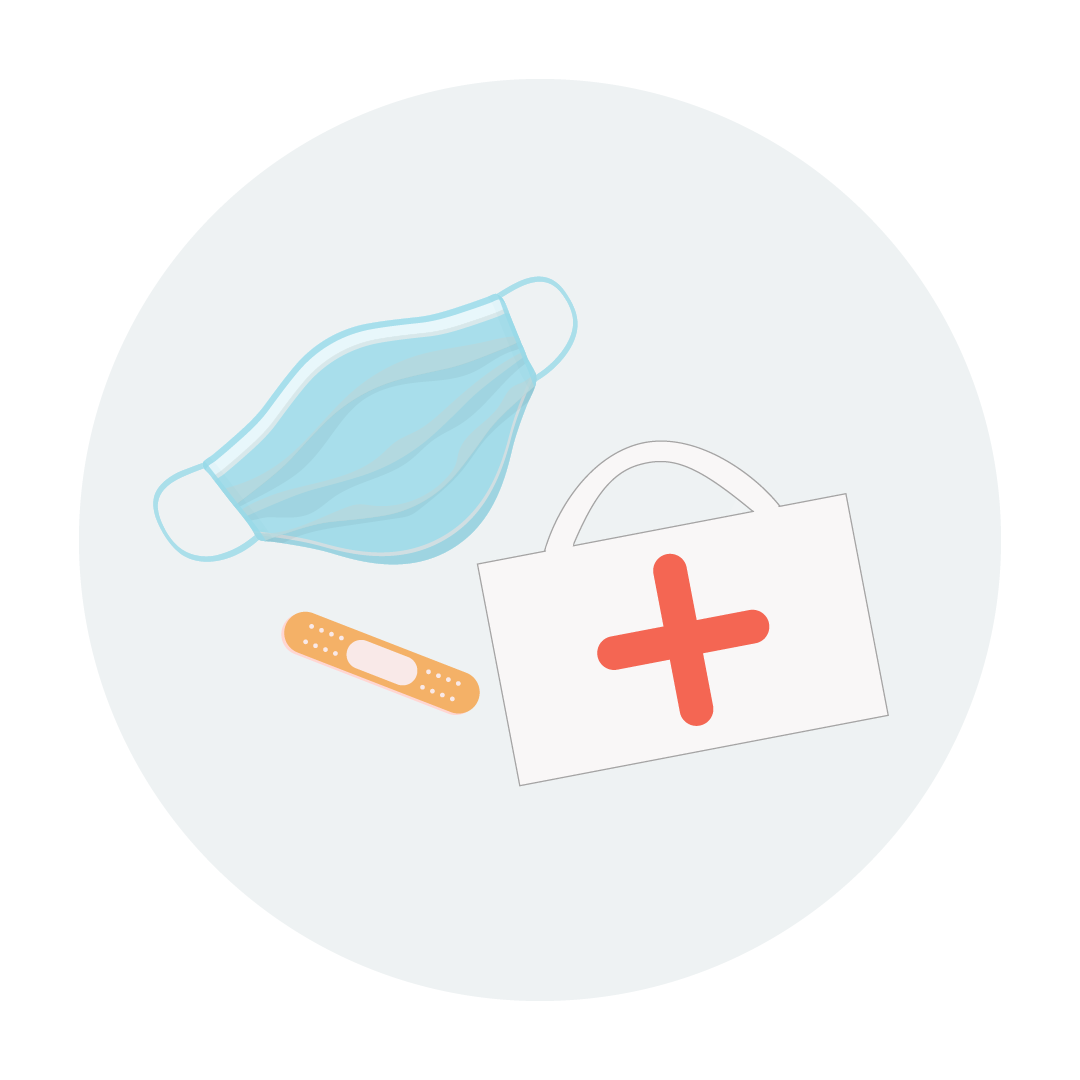 |
If you have respiratory symptoms such as a cough, put on a mask when you are around others. If you have a wound or abrasion, make sure they are disinfected and covered to prevent further infection. |
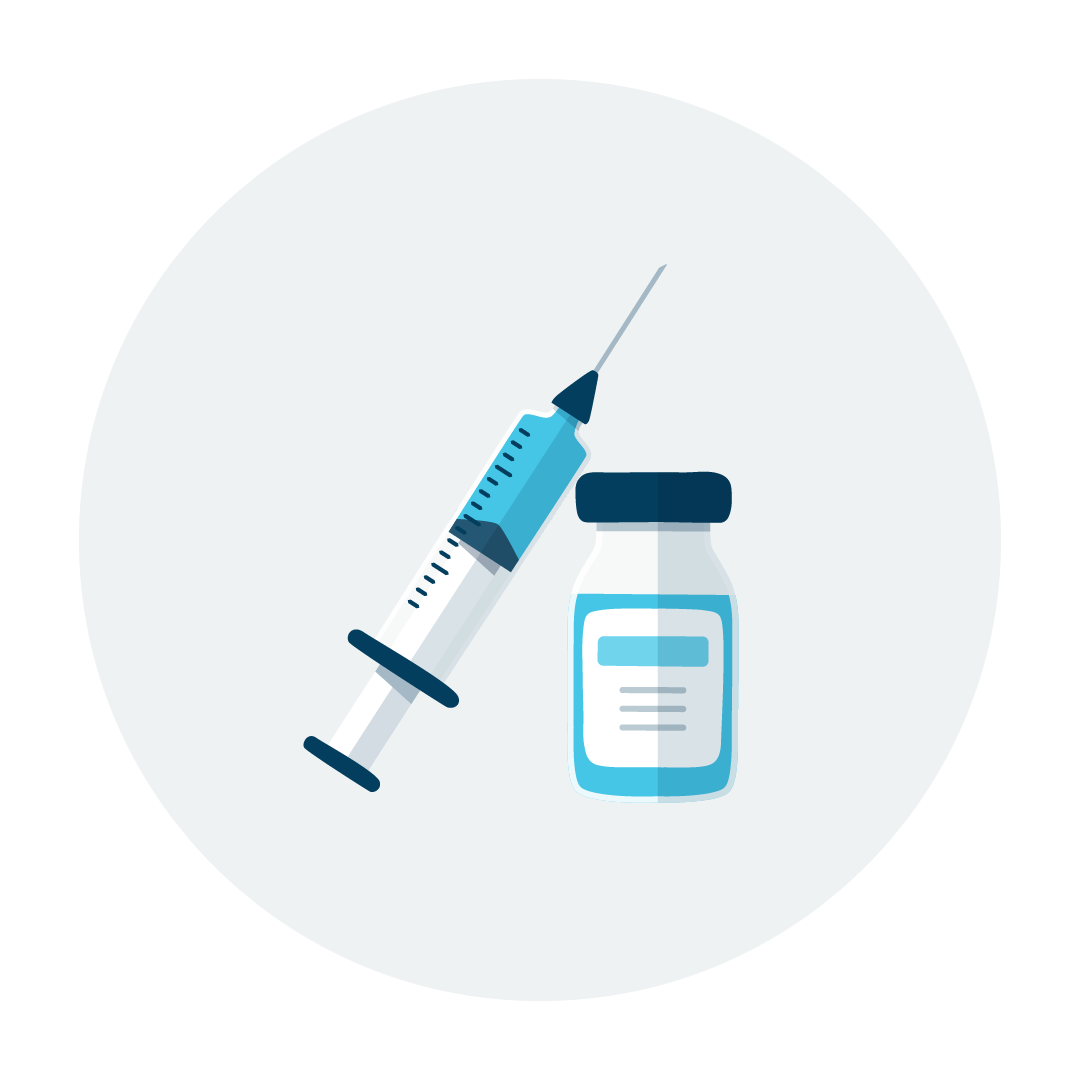 |
Get vaccinated
Are your vaccinations up to date? Several infectious diseases are preventable and vaccination strengthens our immunity against these diseases.
Find out more about the recommended vaccines for your age group here. |
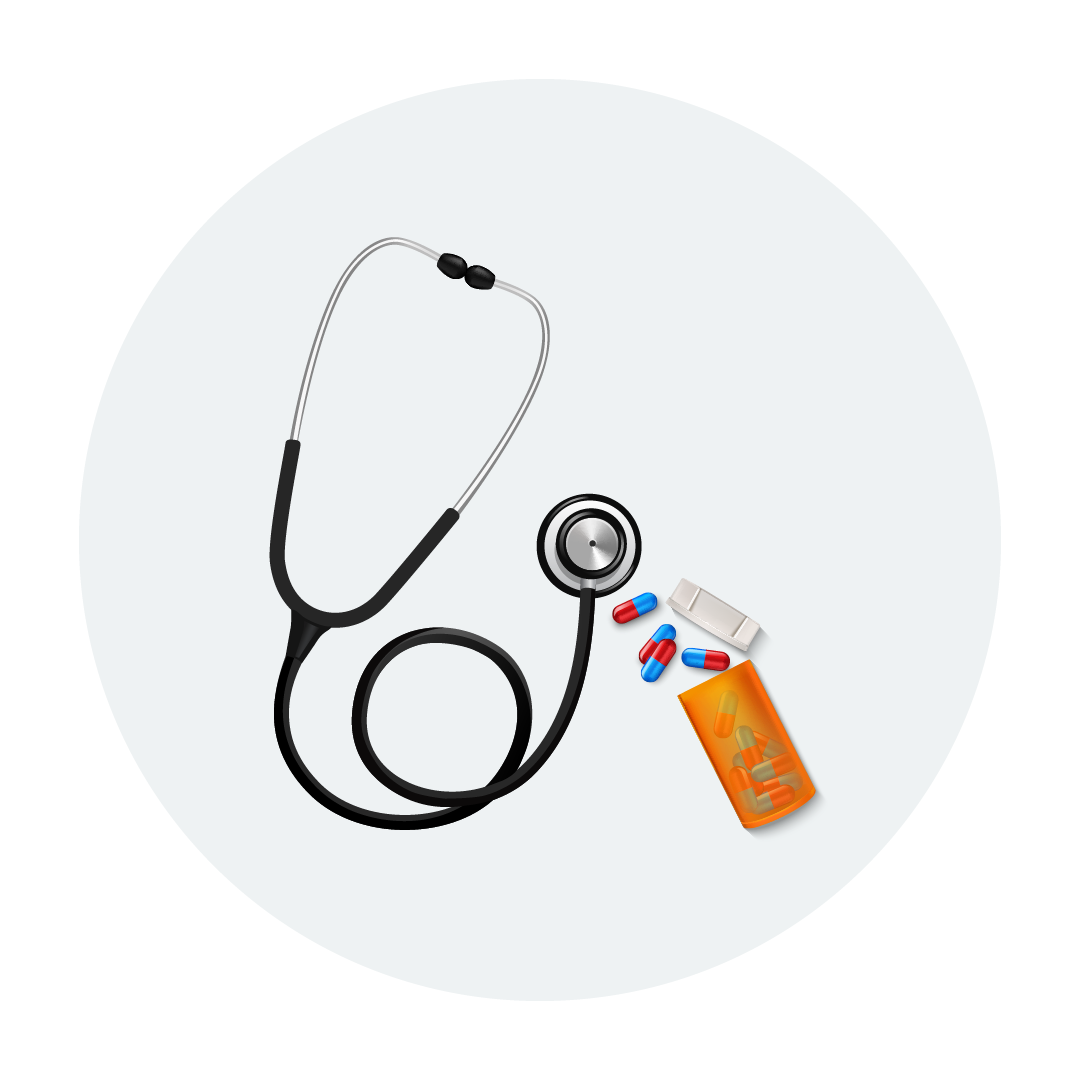
| Use antibiotics responsibly
Not all illnesses require antibiotics. For instance, antibiotics do not treat viral infections such as the cold, flu and most upper respiratory tract infections. Follow your doctor's advice: Do not demand for antibiotics from your doctor Only use antibiotics when prescribed by your doctor Follow the recommended dosage and duration of treatment prescribed by your doctor Never share antibiotics with others or use leftover antibiotics Never save antibiotics for later use
To fight viral infections, you need time, not antibiotics. Learn more here.
|
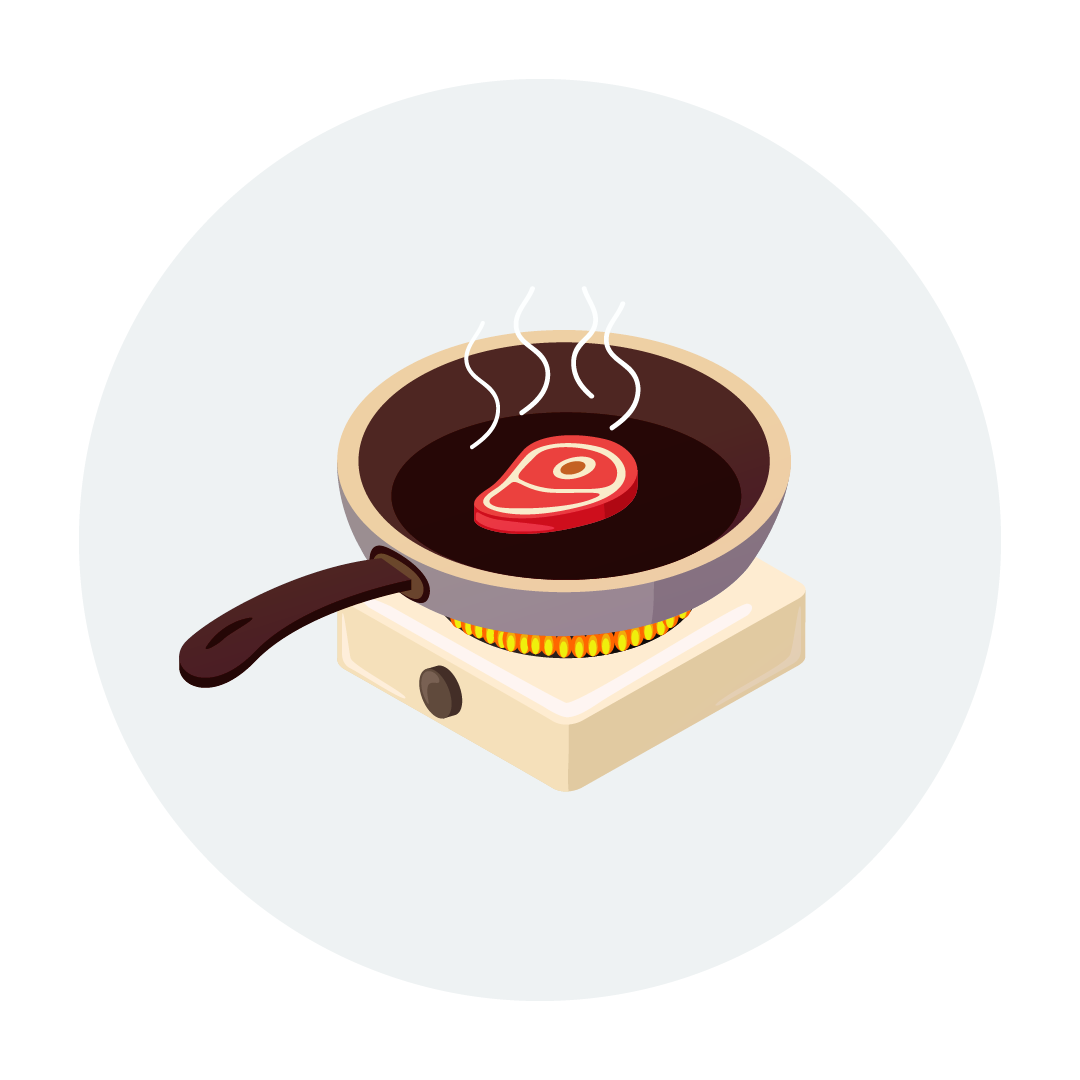 |
Practise food safety
Proper food handling and cooking can reduce the risk of infection by harmful microorganisms. The risk of foodborne illnesses can be mitigated by ensuring good hand hygiene, washing fruits and vegetables thoroughly before cooking or consuming, and cooking food thoroughly to eliminate harmful bacteria. Learn more about food safety from the Singapore Food Agency's website.
|
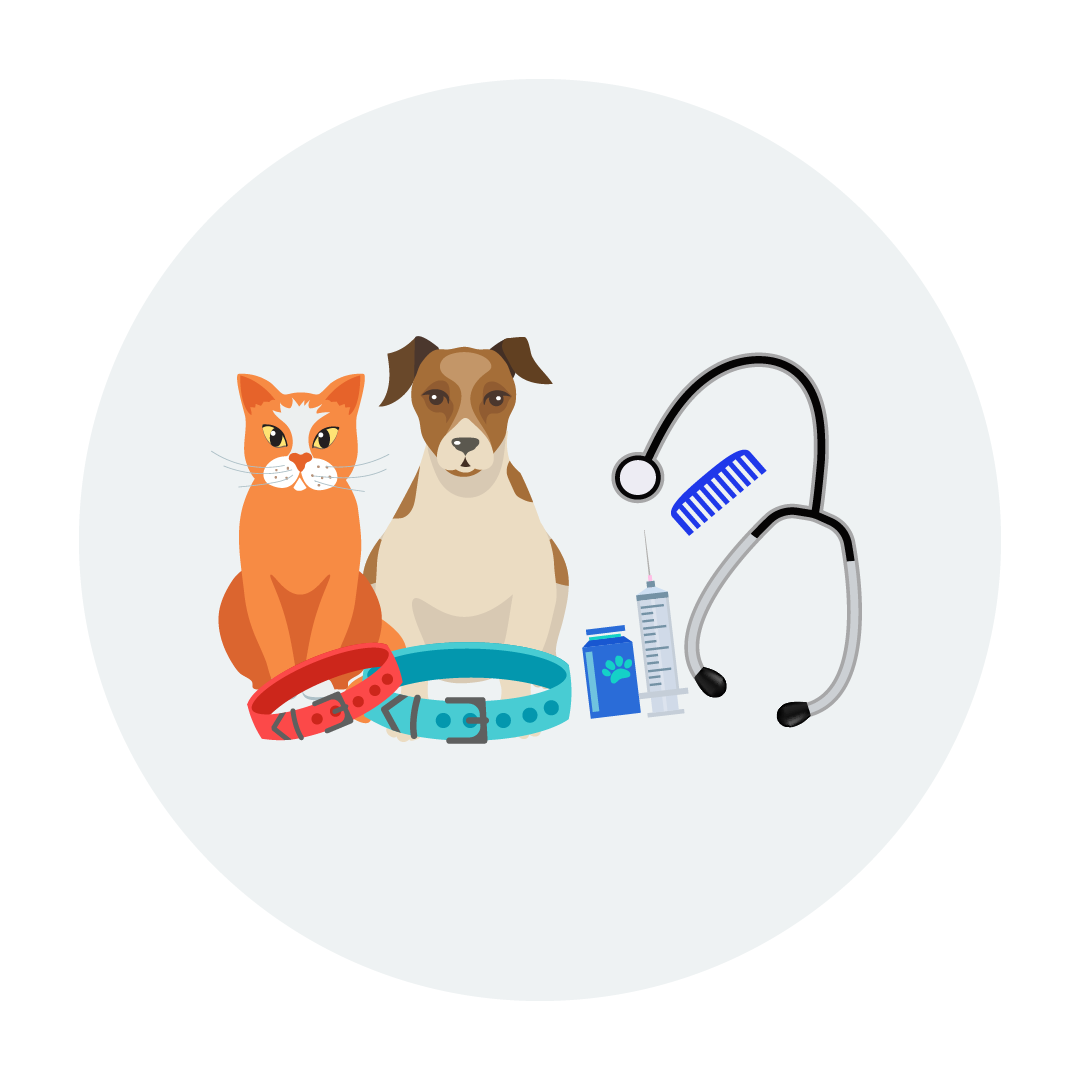
| Maintain good pet health People and companion animals not only share lives and living spaces, but may also share resistant microorganism. Keep your pet healthy through vaccination, regular parasite and deworming treatment, regular health checks and good husbandry. Learn more via the National Parks Board's website. |
Tagline Competition
7-12 Years Old
“Say bye bye to superbugs, don't play play with antibiotics!" | - First Prize by Lin Xinyu |
“Stop the spread, break the chain: Fight Antimicrobial Resistance" | - Second Prize by Gurleen Kaur Gill |
“Got a flu bug? Don't need antibiotic drugs!" | - Third Prize by Ye Meng |
13-16 Years Old
“Preserve the cure, keep antibiotics secure." | - First Prize by Leanne Lam |
“Superbugs aren't superheroes, they are super villains! Use antibiotics wisely." | - Second Prize by Chiang Bing Feng Oscar |
“Join the fight, use antibiotics right!" | - Third Prize by Chua Zhong Heng |
17-25 Years Old
“Antimicrobials: save lives today, preserve them for tomorrow" | - First Prize by Samuel Toh Jun Xian |
“Don't let superbugs win: Use antibiotics responsibly." | - Second Prize by Chester Ng Zong Han |
“Save lives by being self-aware, handle antibiotics with care." | - Third Prize by Alisha Febrizkya Malika
|
GIF Competition
13-16 Years Old
.gif)
| - First Prize by Ron Lim Shao
Leong
|
17-25 Years Old
.gif)
| - First Prize by Ng Jia Ying, Felice
|
Eco-bag Design Competition
17-25 Years Old
 

| - First Prize by Stevie Ardhena
Loka Djaja
|
 

| - Second Prize by Emilie Krestianto
|
 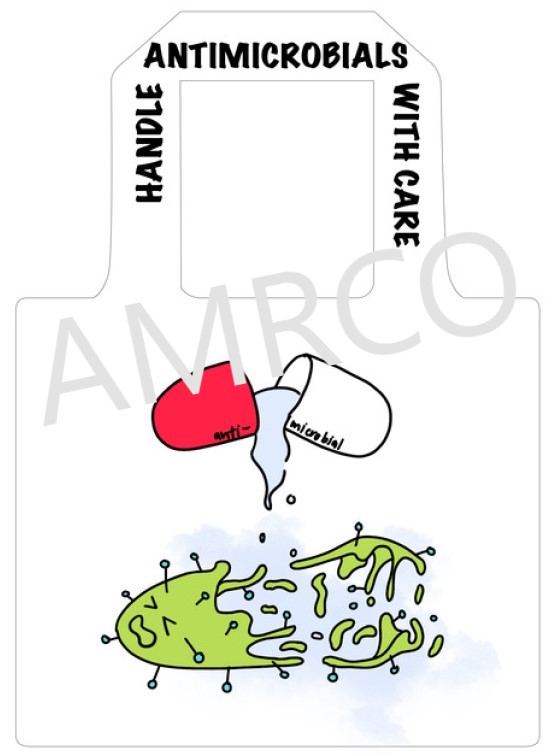
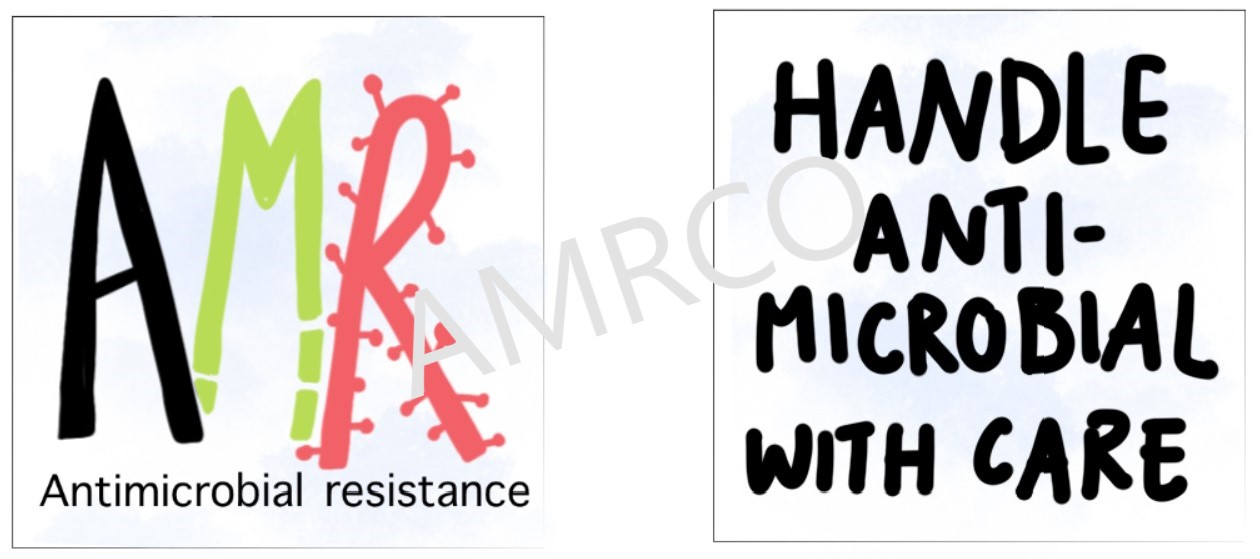
| - Third Prize by Lee Qian Yi
|
26 Years Old and Above
 

Tik Tok Video Competition (17-25 yrs):
First prize by Cheong Wen Ying Audria, Teo Kate, Samuel Lucas Kusumo, Yeo Cheng En Shaun
Second prize by Christopher Luo
| - First Prize by Muhammad
Hanafi Bin Sedik
|
Catch an episode of The Daily Ketchup Podcast to learn more about how to use antibiotics appropriately, the importance of following your doctor's instructions on the use of antibiotics and their advice on the treatment you need if antibiotics are not required.
Click here to watch the video.
Watch the animated snippet from the "The Antibiotic Tales" comic by Mr Sonny Liew and Professor Hsu Li Yang to learn why antimicrobials are a precious resource and ways in which you can help to reduce the spread of antimicrobial resistance.
Click here to watch the video.